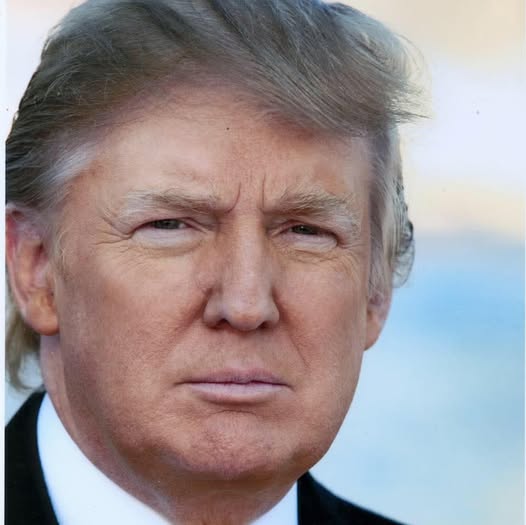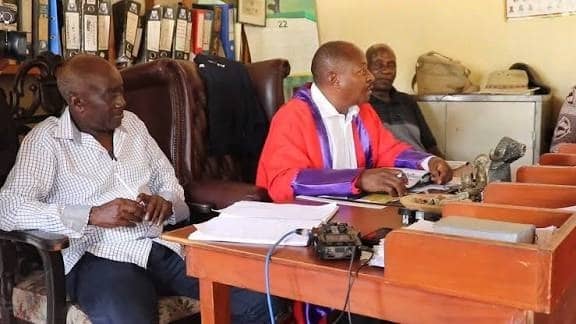
The United States has introduced a bill to repeal the Zimbabwe Democracy and Economic Recovery Act (ZDERA) of 2001, a significant step towards normalizing relations with Zimbabwe. The proposed legislation, sponsored by Republican Congressman Brian Mast, aims to remove restrictions on Zimbabwe’s access to international credit and funding from institutions like the International Monetary Fund (IMF) and the World Bank. This move comes after years of strained relations between the two countries, with ZDERA being a major point of contention.
To benefit from the repeal, Zimbabwe must meet two key conditions. Firstly, the country must commit to paying outstanding arrears owed under the Global Compensation Deed, valued at $3.5 billion, within 12 months of securing new funding. Notably, compensation cannot be in the form of Zimbabwe-issued securities. Secondly, Zimbabwe needs to settle its debt arrears to access new funding from the IMF and World Bank. These conditions are likely to be closely scrutinized by both the US and Zimbabwean governments.
The repeal of ZDERA could unlock significant economic benefits for Zimbabwe, including access to international loans and aid. This could potentially boost the country’s economy and help to stabilize its financial situation. However, critics argue that the conditions attached to the repeal may be too stringent, potentially limiting the country’s economic maneuverability. As the bill moves forward, it remains to be seen whether the conditions will be feasible for Zimbabwe and whether the repeal will
ultimately be successful.
end //..







